Can You Add EEAT to Your Website?
Jack Young
- Last Updated: 3 July 2025
Disclaimer: This analysis is based on publicly available sources, including articles and discussions within the SEO community. If any inaccuracies are identified, I welcome corrections and further insights.
To EEAT or Not to EEAT: That Is the Question
E-E-A-T stands for Experience, Expertise, Authoritativeness, and Trustworthiness—four key elements that Google uses to evaluate content quality.
EEAT isn’t something you can “add” to a website—or that was the impression given by John Mueller of Google at Search Central Live NYC. But is it true?
We know that Google employs quality evaluators to assess search results based on specific criteria outlined in the Search Quality Evaluator Guidelines. Originally known as E-A-T before the additional ‘E’ for Experience was added, E-E-A-T was first introduced in these guidelines. Google uses feedback from raters to refine and improve search results.
If Google’s systems are learning from quality raters, then the algorithm must also be designed to detect similar patterns that the raters deem important.
This suggests that while EEAT itself may not be a single, quantifiable metric, websites can still optimise for the signals that influence it.

3.4 Experience, Expertise, Authoritativeness, and Trust (E-E-A-T) from Google’s Search Evaluator Guidelines PDF
It’s important to note that while quality raters play a crucial role in shaping Google’s algorithms, their ratings do not directly impact the ranking of specific pages or websites. Instead, their feedback helps Google refine its algorithms and understand how potential changes might affect user experience.
Google’s own documentation, Creating helpful,

That’s key—“a mix of factors.” If the algorithm uses a combination of signals that reflect EEAT, then it is measuring something. And if it’s measuring something, that means websites can improve those areas.
Where it gets complicated, however, is understanding what qualifies as a signal for Experience, Expertise, Authoritativeness, or Trust. Trust, for example, is an essential factor in EEAT, but it is not a straightforward concept.
Trust is inherently subjective—it varies from person to person based on their biases and experiences. For example, some might trust a website because it references a well-known expert, while others might dismiss the same source if it contradicts their pre-existing beliefs.
This subjectivity is linked to cognitive dissonance, a psychological principle that explains why people feel discomfort when they encounter information that challenges their beliefs. To reduce this discomfort, they may either dismiss the new information or adjust their thinking to align with what they want to believe.
This plays a key role in trust-building. Someone who already values a particular authority figure or platform (e.g., BBC, CNN) is more likely to trust content from that source.
That’s why trust—along with the other EEAT elements—isn’t something you can simply “add” to a website, as John Mueller was likely suggesting. After all, you can’t just add years of experience to yourself or your writing.
Even if my take on EEAT turns out to be incorrect, there is still high value in demonstrating EEAT factors. Elements such as clear author credentials, citing reputable sources, building a strong reputation, and improving content depth not only align with EEAT principles but also benefit website users. And as John Mueller has said in the past, what benefits users should always be a priority.
Some might argue that Google is deliberately making EEAT seem intangible to discourage mass manipulation or to avoid fuelling the debate on what is and isn’t EEAT. But the reality is that their systems evaluate EEAT-like patterns, so optimising for those patterns can influence rankings. Regardless of its direct impact on rankings, focusing on EEAT factors remains important for long-term credibility and user trust.
Our weekly newsletter provides digestible content on business strategy, marketing tactics and behavioural economics designed to fuel your furniture business.


